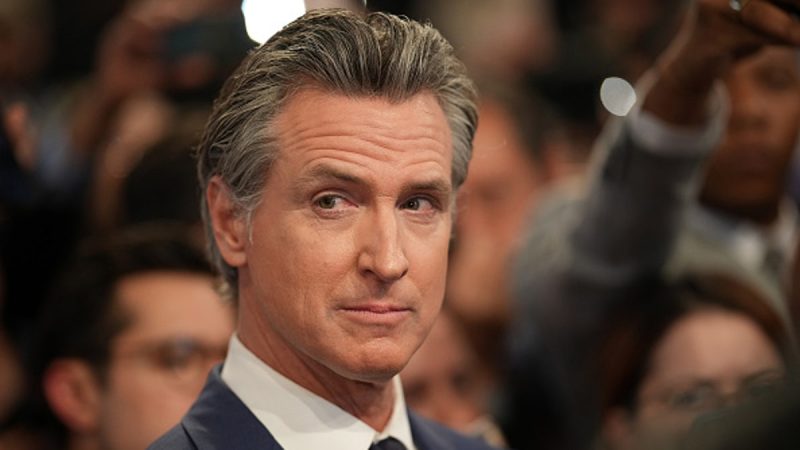
Legal Battle Brewing Over Newsom’s Deepfake Election Legislation in Federal Court
California Governor Gavin Newsom recently signed into law a bill aimed at addressing the increasingly concerning issue of deepfake videos being used to manipulate elections. Deepfakes are sophisticated, manipulated videos that can show individuals saying or doing things that never actually happened. As technology continues to advance, the potential impact of deepfakes on the integrity of elections has become a growing concern. In response, Newsom signed a bill that makes it illegal to distribute election-related deepfake videos within 60 days of an election.
However, this new law has already faced a legal challenge in federal court. A group of critics of the law argues that it violates the First Amendment right to free speech. They contend that the law’s broad language could impede legitimate political discourse and limit individuals’ ability to express their opinions effectively.
Proponents of the law, on the other hand, argue that regulating deepfake videos in the context of elections is a necessary safeguard to protect the democratic process. They argue that the spread of false information through deepfake videos can mislead voters and undermine the integrity of elections, and that the law is a step in the right direction to combat this threat.
The legal challenge to the law raises important questions about the balance between free speech and the need to protect the integrity of elections. The court will need to weigh these competing interests carefully in determining the constitutionality of the law. The outcome of this case could have significant implications for how other states approach the regulation of deepfake videos in the context of elections.
As technology continues to evolve, the issue of deepfakes is likely to become an increasingly pressing concern for policymakers. Striking the right balance between protecting free speech and safeguarding democratic processes will require careful consideration and open dialogue. The legal challenge to Newsom’s deepfake election law is just the beginning of what promises to be a complex and ongoing debate about how to address this emerging threat to elections and democracy.